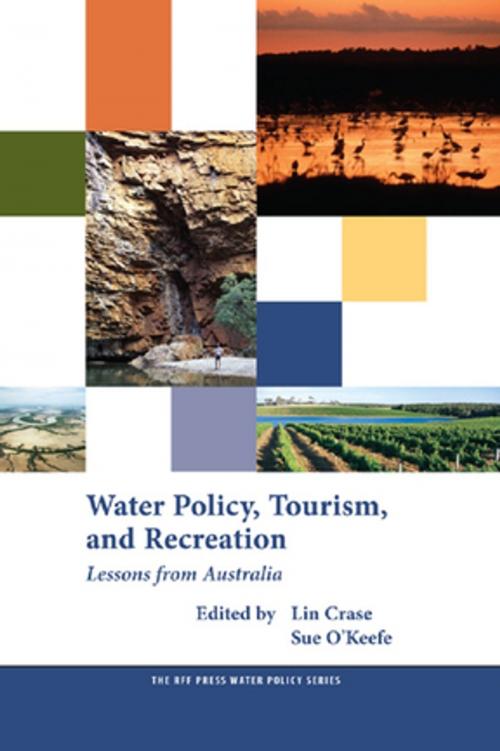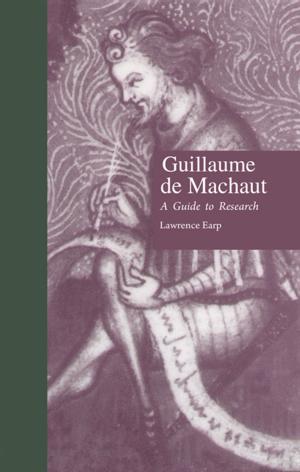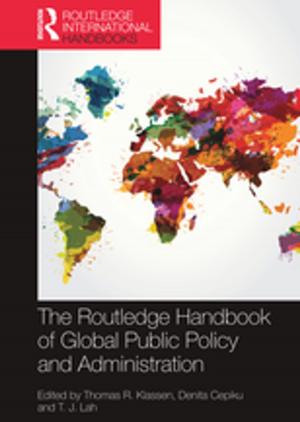Water Policy, Tourism, and Recreation
Lessons from Australia
Nonfiction, Science & Nature, Technology, Engineering, Environmental| Author: | ISBN: | 9781136469084 | |
| Publisher: | Taylor and Francis | Publication: | December 6, 2012 |
| Imprint: | RFF Press | Language: | English |
| Author: | |
| ISBN: | 9781136469084 |
| Publisher: | Taylor and Francis |
| Publication: | December 6, 2012 |
| Imprint: | RFF Press |
| Language: | English |
This book explores the complicated interrelationships between freshwater resources and tourism and recreation. The focus is on Australia, but comparisons with the experience of other countries are also made throughout. Yet Australia has been at the forefront of conflicts over drought and water use, particularly for irrigated agriculture, as well as of the design of policies and institutions for water policy, so there are many lessons which can be applied to other parts of the world.
The authors examine in detail the relationships between water economics and supply, and the needs for tourism and recreation. The book discusses water use and access and the conflict between urban and recreational demands. It considers the institutional arrangements around water and the significance of property rights, including water markets and water pricing. Theoretical and practical models for increasing collaboration and cooperation such as the use of trusts are also developed and water trusts in the USA are examined. Specific chapters highlight the role of interest groups, such as the boating industry, to influence policy thinking and the practical trade-offs between access to urban water supplies and the requirements of recreation. Tourist behavior in relation to water use and pricing is also assessed.
This book explores the complicated interrelationships between freshwater resources and tourism and recreation. The focus is on Australia, but comparisons with the experience of other countries are also made throughout. Yet Australia has been at the forefront of conflicts over drought and water use, particularly for irrigated agriculture, as well as of the design of policies and institutions for water policy, so there are many lessons which can be applied to other parts of the world.
The authors examine in detail the relationships between water economics and supply, and the needs for tourism and recreation. The book discusses water use and access and the conflict between urban and recreational demands. It considers the institutional arrangements around water and the significance of property rights, including water markets and water pricing. Theoretical and practical models for increasing collaboration and cooperation such as the use of trusts are also developed and water trusts in the USA are examined. Specific chapters highlight the role of interest groups, such as the boating industry, to influence policy thinking and the practical trade-offs between access to urban water supplies and the requirements of recreation. Tourist behavior in relation to water use and pricing is also assessed.















